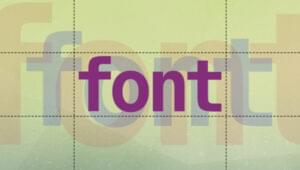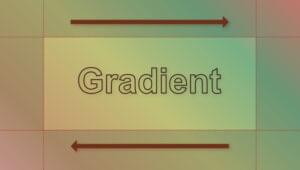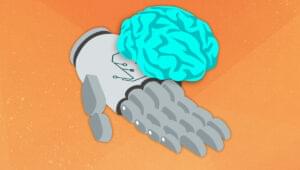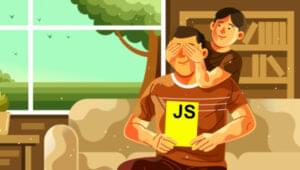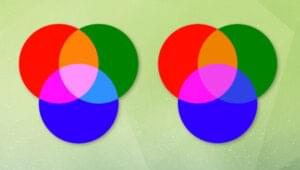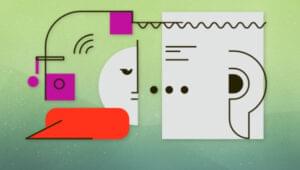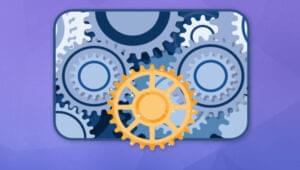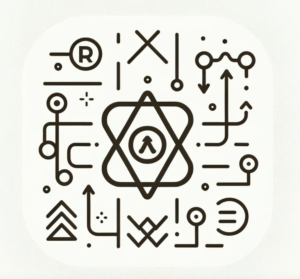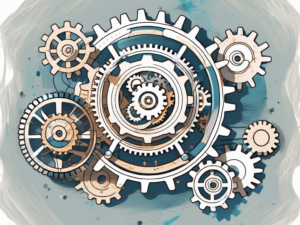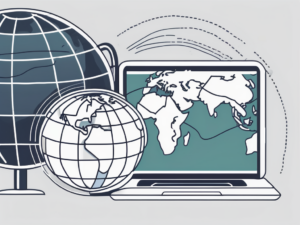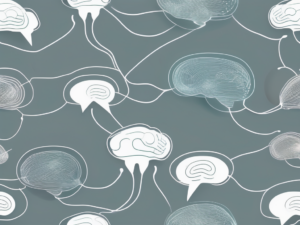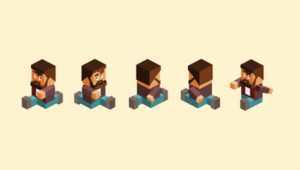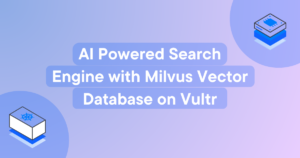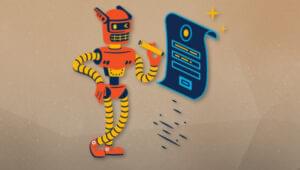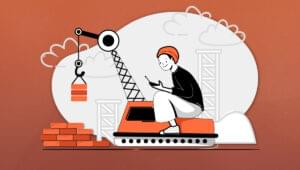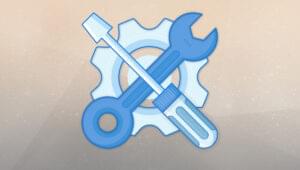
Just a few months ago, I moved from PHP to Ruby. This was not an easy transition, neither in the decision nor in the shift. I was using PHP and, ironically, I didn’t know I wasn’t enjoying it. Then, at a local meetup I was introduced to Ruby. The attendees showed me some specific features which blew me away. This post is the list of the 5 things that most captivate me about Ruby and lead me to use it everyday.
Ruby is My Best Friend
The first thing I came across was the website, and the tagline just hit me in the face:

That blew me away.
I’ve used programming languages that promise to give guidance, instruct, and give answers, but a language that’s my friend??? A language that tells me when I am about to make a bad decision but lets me do it anyway. A language and a community that appreciates my version of weird and is OK with my quirks. A language that tells me that all feelings are okay.
Seeing that was a hair raising moment. I was hooked.
It’s not that Ruby values programmer productivity, it’s that it values programmer happiness.
Ruby is the Best of All Worlds
Ruby does not advocate a “one true way”. It takes the best from different cultures and different ecosystems and strings them together in a way that makes you wax poetic about programming.
Steve Yegge comments on this:
For the most part, Ruby took Perl’s string processing and Unix integration as-is, meaning the syntax is identical, and so right there, before anything else happens, you already have the best of Perl. And that’s a great start, especially if you don’t take the rest of Perl.
But then Matz took the best of list processing from Lisp, and the best of OO from Smalltalk and other languages, and the best of iterators from CLU, and pretty much the best of everything from everyone.
There are good things about languages and there are bad things, and one of the best things about Ruby is that it tried to take the best from all of them
Everything in Ruby is an Object
It was mentioned in the last section that Ruby took the best of Object Oriented Programming from Smalltalk. In Ruby, as in Smalltalk, everything is an object.
Let me demonstrate this:
irb(main):001:0> nil.class
=> NilClass
irb(main):002:0> 1.class
=> Fixnum
irb(main):003:0> 1.2.class
=> Float
irb(main):004:0> "something".class
=> StringIn Ruby, nil is an instance of NilClass, 1 is an instance of Fixnum, 1.2 is an instance of Float, and so on.
In programming languages like C, you had a fixed set of data types, and a fixed set of things they could do. But in a language like Ruby where everything is an object, you can create new data types or even change the existing ones. This gives you great power, but as Uncle Ben from Spiderman tells you:
With great power, comes great responsibility
which brings me to my next section.
Ruby Gives You Freedom
Remember how everything is an Object? Combine that with being able to reopen any class, alter a method, and use that method at runtime. You are now a God user.
This is called “monkey patching” and should be used with moderation.
As Jeff Atwood of Coding Horror puts it:
If the idea of monkeypatching scares you a little, it probably should. Can you imagine debugging code where the String class had subtly different behaviors from the String you’ve learned to use?
Let me demonstrate this
irb(main):001:0> "Hello".class
=> String
irb(main):002:0> "Hello".reverse
=> "olleH"We now know that “Hello” is an instance of the String class, and that the reverse method of the String class works as expected. But, if you’re really evil, you could reopen the String Class, and redefine the reverse method.
irb(main):003:0> class String
irb(main):004:1> def reverse
irb(main):005:2> " UNICORNS ARE PRETTY "
irb(main):006:2> end
irb(main):007:1> end
=> :reverseNow, if someone, from somewhere in the after the monkey patch tries to call the reverse method, they get the monkey patched method instead:
irb(main):008:0> "Hello".reverse
=> " UNICORNS ARE PRETTY "Monkey Patching is dangerous, when used without responsibility. Yet it is an expression of the freedom that Ruby gives us.
This is here just to demonstrate the power that Ruby gives you along with the responsibility you shoulder. Ruby doesn’t protect you from yourself. Government’s are there to protect people from each other, not from themselves. It holds you responsible for your mistakes, and lets you make them.
As Larry Wall, in the excellent post “Perl, the first postmodern computer language” says:
The very fact that it’s possible to write messy programs in Perl is also what makes it possible to write programs that are cleaner in Perl than they could ever be in a language that attempts to enforce cleanliness. The potential for greater good goes right along with the potential for greater evil.
So, Monkey Patching is good, but it’s also bad. It’s possible to engineer some really wonderful solutions with it, but it’s also possible to make a terrible mess.
The onus is on you.
Ruby Has an Amazing Community
Every Ruby Programmer who shares that sense of the whimsical and weird knows what it is to do what we do. There are some things that we do and some things that we refrain from doing, and these are what make us who we are. These lines from the talk, That’s not very Ruby of you by Ernie Miller explain this very well:
I don’t believe that it’s the interpreter that decides what is or isn’t Ruby. I think it’s the people and thats cool, because Matz designed Ruby to increase programmer happiness. Interpreters don’t get happy, people get happy.
The people in this community and their friendliness, happiness, and joy make this community what it is. The community influences the language, and vice versa. This has turned out really well for Ruby and I’m loving being part of the community.
Conclusion
Ruby is a beautiful language. The freedom it gives you is the greatest programming responsibility you will ever have to shoulder, but I like responsibility. As DHH puts it:
Ruby is a language for consenting adults
Just think about that. Ruby gives you power along with the capability to make mistakes, and that’s what so great about it. It’s not an eternal parent who stops you from doing what you want to do. It is a friend who helps you on your journey. It helps you turn into whatever you want, either a historical hero or a diabolical villain. Thats up to you.
A hero is someone who understands the responsibility that comes with his freedom. – Bob Dylan
This is why I love Ruby and this is why I’m urging you to try it, too.
A Student/Web Developer/Writer with too much time on his hands. Life Goal: Become Aaron Patterson (@tenderlove)
















